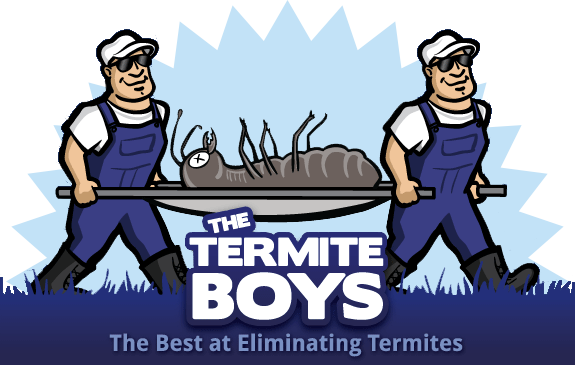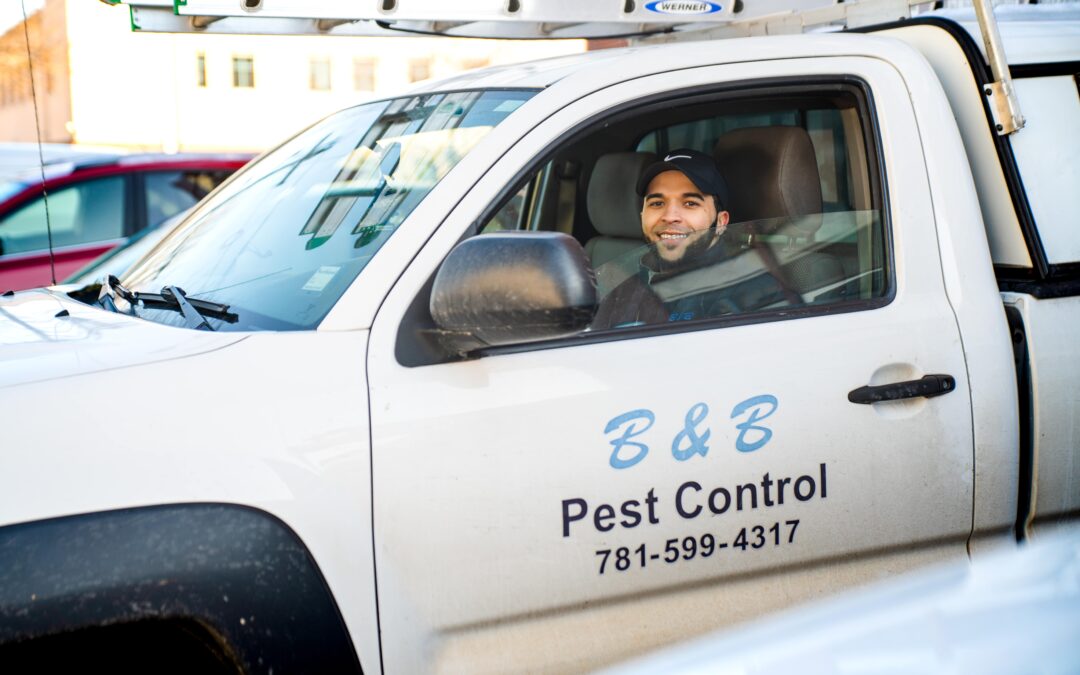In many states, people selling homes are legally required to tell buyers about past and current termite infestations on the property, but this is not necessarily the case in Massachusetts. In Massachusetts, home-sellers do not have to disclose information concerning termite-related defects, but bankers generally will not grant loans to home-buyers unless the home has been inspected for termites and other wood-destroying insect pests. Since Massachusetts is located within a geographic region where termite pest activity is well above the national average, it is important for homeowners in the state to have their property inspected for termites once per year. Pest control professionals are under heavy pressure to provide the most accurate termite inspection reports possible, so it is fair to say that termite inspections within homes are very thorough.
The most widespread, destructive and economically significant termite pest species in the US, the eastern subterranean termite, is the only termite species found in Massachusetts. Like all subterranean termites, the eastern subterranean termite infests homes from the ground up, making structural wood components within crawl spaces particularly vulnerable to termite damage. Many pest control professionals agree that the crawl space is the most difficult area of a home to inspect for termite damage. Obviously, crawl spaces do not provide pest control professionals with much room to operate, and crawl spaces contain a number of safety hazards, such as exposed wires, standing water, mold and loose nails. While in crawl spaces, pest control professionals often struggle to gain a clear view of the wood components that are most likely to be damaged by termites. These wood components include header joists, ends of floor joists, bases of wall studs, and the structural wood located within wall voids. While basements offer more room to move than crawl spaces, inspecting basements for termites is no easy task, as doing so requires pest control professionals to painstakingly remove all drop ceiling tiles. In states where both subterranean and drywood termite pest species are located, attic spaces must be inspected with as much rigour as crawl spaces, as winged drywood termite alates can initiate infestations virtually anywhere within a home. Luckily, drywood termites cannot be found in Massachusetts.
Have you ever had a termite inspection carried out on your property?

